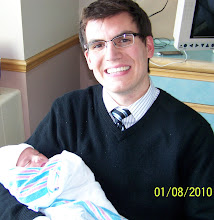- What is the charge of circularity against Descartes in the Meditations and how could one defend Descartes against this charge?
- Explain the view of creation as held by Descartes, Leibniz, and Spinoza. Be sure to include Descartes' discussion of the creation of eternal truths, Leibniz's divine calculus, and Spionza's necessitarianism.
- What is Locke's view on the primary/secondary quality distinction? How does he argue for this distinction? How does Berkeley critique Locke's view? Does Berkeley misunderstand Locke?
This morning I took the exam on metaphysics and epistemology and, again, the questions I wanted to be on the test most were there:
- What is the ontological argument for the existence of God and what are the objections to it? How does it stand up to those objections?
- What is (are) the main problem(s) of free will? What is a compatibilist response to the problem(s)? How does compatibilism stand up to objections raised against it?
- What is Gettier's objection to the traditional account of knowledge? What are the possible responses to that problem? How do the responses fair to objections?
I feel really good knowing that I answered everything that I wanted to and don't think I forgot anything that was crucial to the arguments. My only concern is that in preparing my notes and outlines, I may have overlooked or forgotten something important and because of that, it didn't end up on the exam. I don't think that is a real plausible scenario, but it is plausible at least.
So, I leave with another request. Please continue to pray for favor among the 5 professors that will be grading the exam. I need to get a 'high pass' to continue in the program. I'll keep you updated.
Grace and peace,
